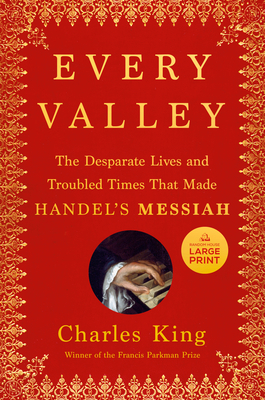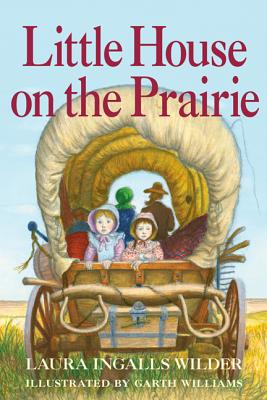
King, Charles
product information
description
3From New York Times bestselling historian and National Book Critics Circle Award finalist Charles King, the moving untold story of the eighteenth-century men and women behind the making of Handel's Messiah George Frideric Handel's Messiah is arguably the greatest piece of participatory art ever created. Adored by millions, it is performed each year by renowned choirs and orchestras, as well as by audiences singing along with the words on their cell phones. But this work of triumphant joy was born in a worried age. Britain in the early Enlightenment was a time of astonishing creativity but also of war, enslavement, and conflicts over everything from the legitimacy of government to the meaning of truth. Against this turbulent background, prize-winning author Charles King has crafted a cinematic drama of the troubled lives that shaped a masterpiece of hope. Every Valley presents a depressive dissenter stirred to action by an ancient prophecy; an actress plagued by an abusive husband and public scorn; an Atlantic sea captain and penniless philanthropist; and an African Muslim man held captive in the American colonies and hatching a dangerous plan for getting back home. At center stage is Handel himself, composer to kings but, at midlife, in ill health and straining to keep an audience's attention. Set amid royal intrigue, theater scandals, and political conspiracy, Every Valley is entertaining, inspiring, unforgettable.
member goods
No member items were found under this heading.
listens & views

COMPLETE POP INSTRUMENTAL HITS OF ...
by COMPLETE POP INSTRUMENTAL HITS OF SIXTIES 1 / VAR
COMPACT DISCout of stock
$34.25
Return Policy
All sales are final
Shipping
No special shipping considerations available.
Shipping fees determined at checkout.






